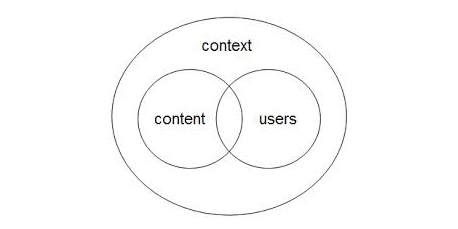Since Robert Scoble and Shel Israel just released their new book The Fourth Transformation, I decided to revisit Age of Context, a global survey of the contributions to the forces influencing technology. The five forces were mobile, social media, data, sensors and location. Scoble called these the “five forces of context”, the future of computing. The five forces are still there but hardly tamed and in the rear view mirror.
Read MoreContext, Then Concepts, Words Last
Good Concept Detection Requires an 'Almost Engine'
How many geese in this picture? You didn't need to count. Your answer probably contained the words “approximately”, “average”, “almost”, “sort of”, "guesstimate" or “about”. One of the most powerful features of your brain is that it does not treat language as math, a series of binary yes or no formal constructs. Humans are masters of writing the same idea in many ways, understanding what you meant even if you didn't say it perfectly. You also know when someone is being so careful with their words, they're lying (we're all tested on this one daily). This critical skill is used by analysts all the time.
Read MoreConcepts are Key, Not Words
A critical skill for the analyst during earnings season is detecting changes in the key indicators or themes for a company and its peers. Keyword detection is often passed off as theme detection but it's not and the difference is critical. Teaching software (AI) to find themes buried in SEC filings and press coverage from investor relations is a critical technology advantage for Boulder.
Read More



